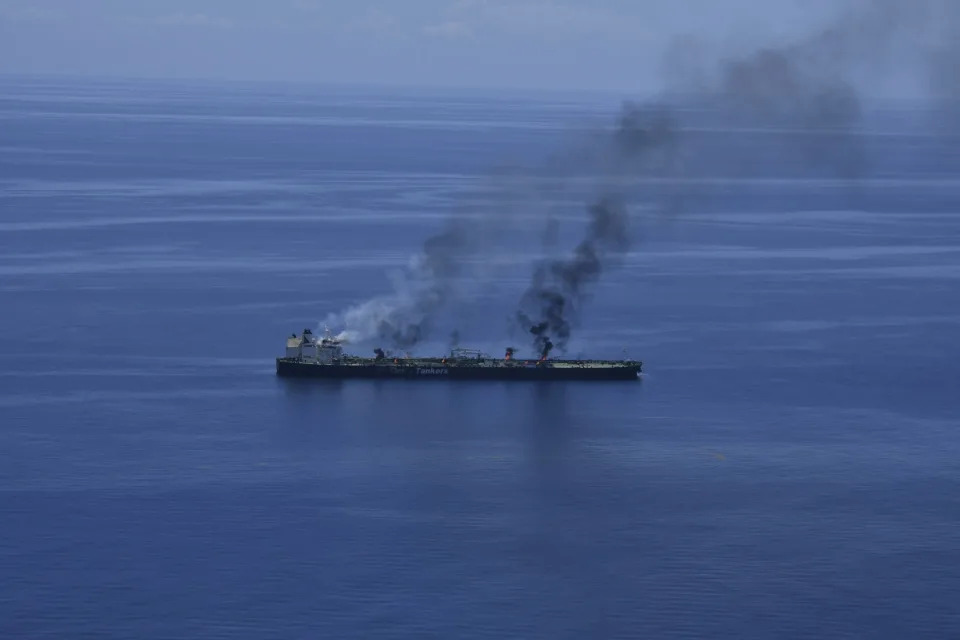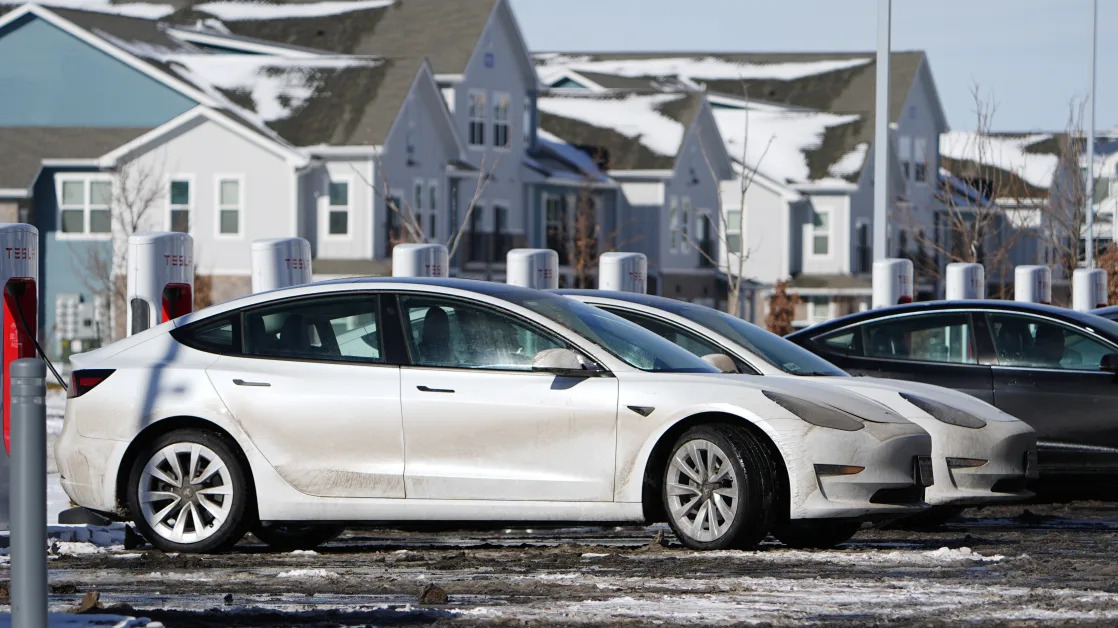Oil prices jumped sharply on Monday amid a halt in Libyan oil production and heightened tensions in the Middle East.
West Texas Intermediate ( CL=F ) rose more than 3% to settle at $77.42 per barrel, while Brent ( BZ=F ), the international benchmark price, increased almost 3% to close at $81.43 per barrel.
Over the weekend, Israel implemented an airstrike against Tehran-backed Hezbollah’s rocket launching stations in Lebanon, adding to fears of a broader conflict involving Iran breaking out in the region.
"The rise in tensions could bring an Iranian military response which, if seen, could slow global oil movements," Dennis Kissler, senior vice president at BOK Financial, wrote in a note to clients on Monday.
Iran-backed Houthi rebels have continued their attacks on Red Sea vessels in protest of the Israel-Hamas war. A Greek oil tanker burned over the weekend after it was targeted last week.
Prices also rose after Libya's eastern government said it would shut down its production and exports temporarily in response to a dispute regarding the leadership of Libya's central bank. Libya produced more than 1 million barrels of crude per day last month, according to IEA data.
"We've got demand fears, and those are really entrenched in the markets right now," Path Trading Partners co-founder and chief market strategist Bob Iaccino told Yahoo Finance.
Oil is up more than 5% over the past three sessions.

Still, US gasoline prices have continued to trend lower from their August peak.
The gasoline national average hovered near $3.35 per gallon, down $0.16 from a month ago and $0.47 lower than a year ago, according to AAA data.
"The trading world is not willing to chase gasoline higher, particularly since hurricane season will spare US Gulf in August and cooling of the Atlantic might diminish chances of any tropical development in September or October," Tom Kloza, global head of energy analysis at OPIS, told Yahoo Finance on Monday.
Kloza noted that US gasoline demand typically dips by 5%-6%, or about 400,000 barrels per day, just after Labor Day. The oil market may also have to absorb more supply if the oil alliance OPEC+ indeed moves forward with its scheduled rollout of additional crude supply into the global market.
"The increases [in oil prices] Thursday, Friday, and today probably 'arrest' the slow-motion slide that was taking place for retail gasoline, but we are not seeing enough strength to inspire a meaningful rally," said Kloza.
"I still believe that we are looking at a fourth quarter in the US that will bring about the lowest pump prices for gasoline since 2021."
@ines_ferre .




